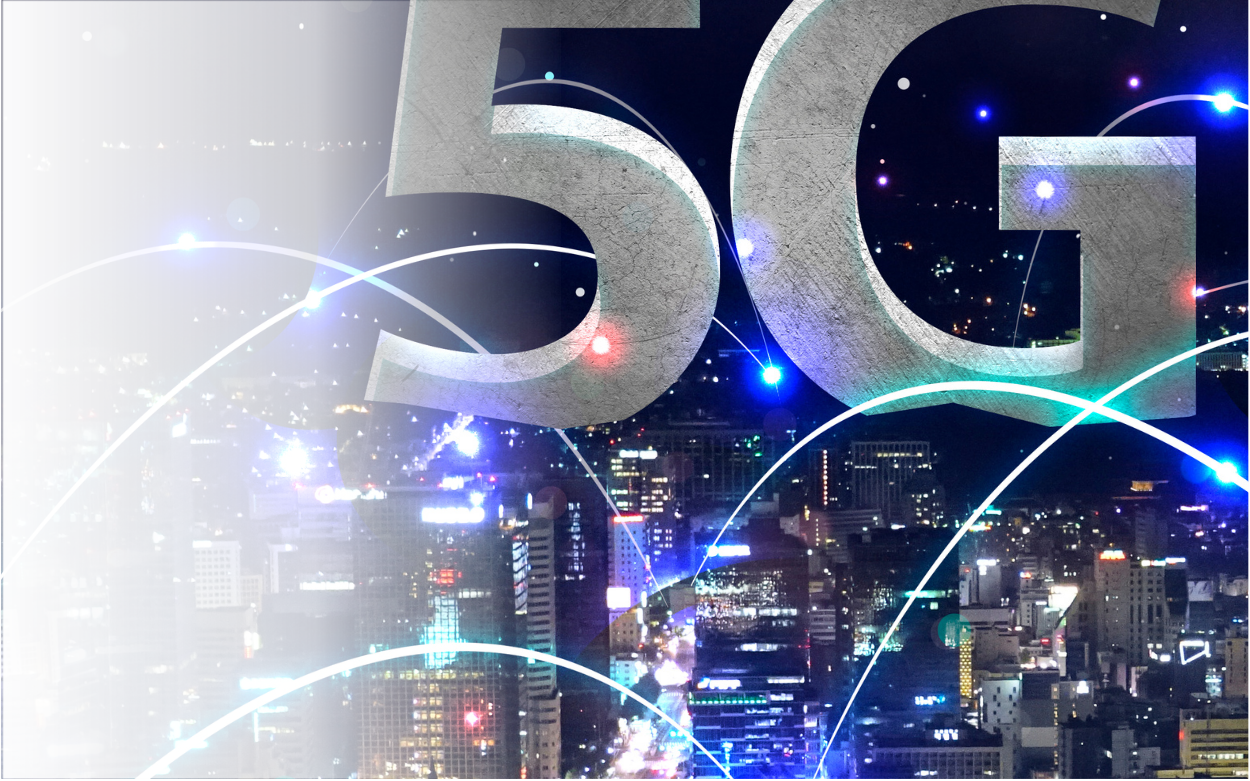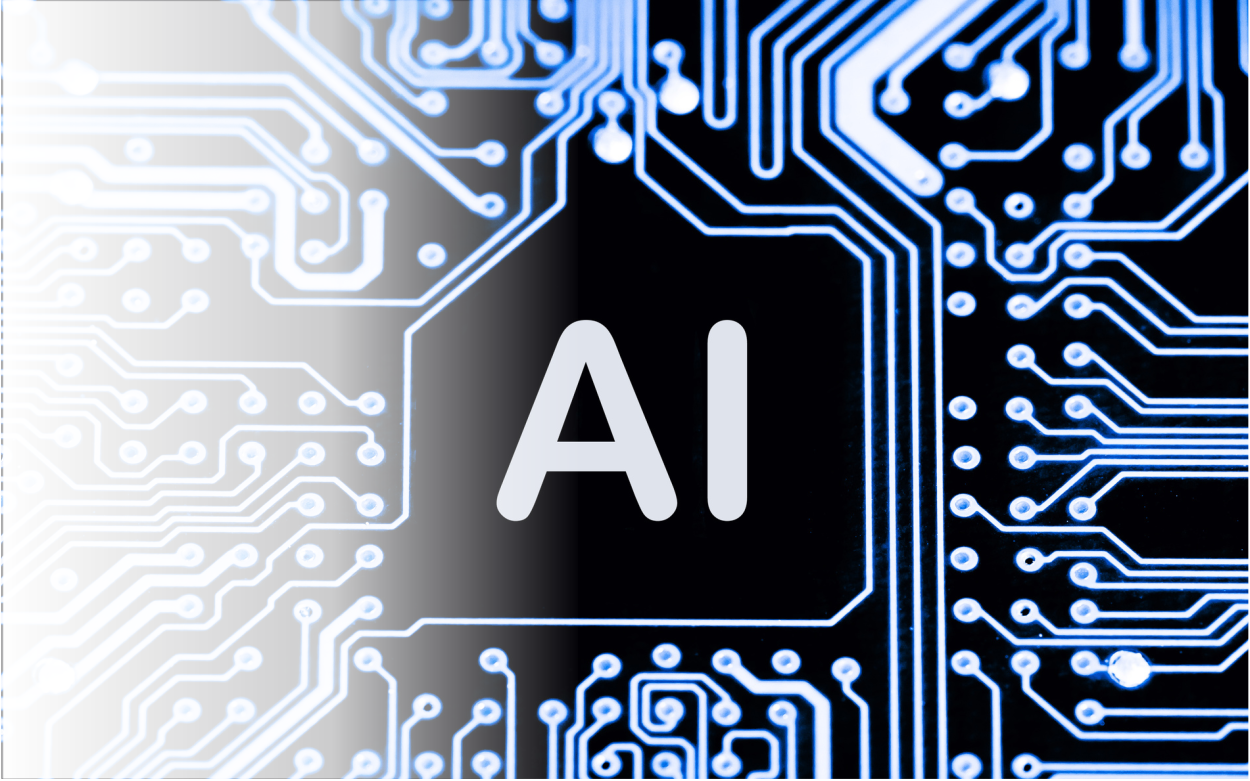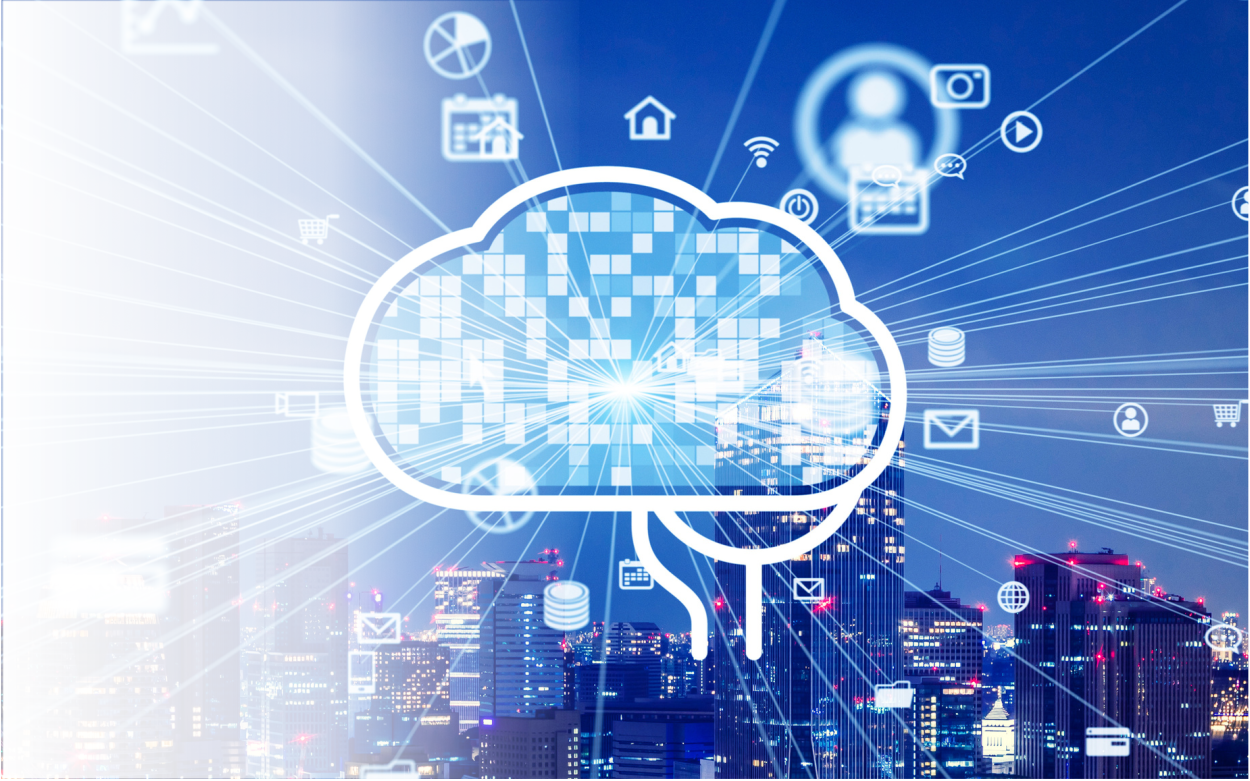5G Technology: Transforming Connectivity for a Smarter Future
In the ever-evolving landscape of technology, few advancements hold as much promise and potential as 5G technology. As the fifth generation of mobile network technology, 5G is set to revolutionize the way we communicate, connect, and interact with the world around us. This article delves into the intricacies of 5G, its implications for various industries, and how it is poised to transform our daily lives.
Understanding 5G Technology
5G, or fifth-generation wireless technology, is the latest iteration of mobile networks, succeeding 4G LTE. Unlike its predecessors, which primarily focused on enhancing mobile internet speeds, 5G brings a host of new features that make it a game-changer in the realm of connectivity.
Key Features of 5G
- Ultra-Fast Speeds: One of the most significant advantages of 5G is its remarkable speed. While 4G networks offer download speeds of up to 100 Mbps, 5G is expected to provide speeds exceeding 10 Gbps, making it up to 100 times faster than 4G. This leap in speed enables seamless streaming of high-definition content, faster downloads, and improved overall user experience.
- Low Latency: Latency refers to the time it takes for data to travel from the source to its destination. 5G technology boasts latency as low as 1 millisecond, compared to 20-30 milliseconds for 4G. This minimal delay is crucial for applications requiring real-time communication, such as gaming, autonomous vehicles, and remote surgery.
- Massive Device Connectivity: 5G can support a significantly higher number of devices per square kilometer compared to previous generations. This capability is essential as the Internet of Things (IoT) continues to expand, connecting everything from smart home devices to industrial machinery.
- Enhanced Network Reliability: With advanced technologies like network slicing, 5G can provide dedicated bandwidth for specific applications, ensuring that critical services receive the necessary resources for optimal performance.
The Impact of 5G on Various Industries
The implementation of 5G technology is set to have far-reaching implications across multiple sectors. Here are a few key areas where 5G is expected to make a substantial impact:
- Healthcare
5G technology holds immense potential for transforming healthcare delivery. With its low latency and high-speed connectivity, healthcare professionals can leverage telemedicine to provide real-time consultations, remote monitoring, and even perform surgeries through robotic systems. For instance, surgeons can operate on patients in remote locations using high-definition video and augmented reality (AR) tools, leading to improved patient outcomes and access to specialized care.
- Smart Cities
As urbanization continues to rise, the need for smarter and more efficient city infrastructures has never been greater. 5G technology enables the development of smart cities, where interconnected devices enhance traffic management, energy distribution, and public safety. For example, real-time data from sensors can optimize traffic flow, reducing congestion and emissions while improving overall urban mobility.
- Manufacturing and Industry 4.0
The manufacturing sector stands to benefit significantly from 5G technology, particularly as it embraces the concept of Industry 4.0. With real-time data collection and analysis, manufacturers can implement predictive maintenance, monitor equipment health, and streamline supply chain operations. Furthermore, the use of augmented reality in training and maintenance can enhance workforce productivity and safety.
- Entertainment and Media
The entertainment industry is on the brink of a revolution thanks to 5G technology. Ultra-fast download speeds and low latency will enable the seamless streaming of high-definition and virtual reality (VR) content. Consumers will be able to enjoy immersive experiences, such as watching live events in 8K resolution or participating in interactive gaming sessions without lag.
- Autonomous Vehicles
The automotive industry is rapidly evolving with the advent of autonomous vehicles. 5G technology plays a pivotal role in enabling the communication necessary for self-driving cars to operate safely. With low latency and high reliability, autonomous vehicles can exchange real-time data with each other and surrounding infrastructure, enhancing safety and efficiency on the roads.
The Challenges of 5G Implementation
Despite the numerous benefits of 5G technology, its rollout is not without challenges. Here are some of the key hurdles that need to be addressed:
- Infrastructure Requirements
Implementing 5G requires a significant investment in infrastructure, including the installation of numerous small cell towers to ensure comprehensive coverage. This need for dense networks poses logistical challenges and requires collaboration between governments, telecommunications companies, and urban planners.
- Security Concerns
With the increased connectivity and the vast number of devices that will be connected to 5G networks, security concerns are paramount. Protecting sensitive data and preventing cyberattacks will be critical as the reliance on digital infrastructure grows.
- Regulatory Hurdles
The rollout of 5G technology involves navigating complex regulatory frameworks. Governments must create policies that facilitate the deployment of 5G while ensuring equitable access for all communities.
The Future of 5G Technology
As we move closer to a fully connected world, the potential of 5G technology is immense. Its applications will extend far beyond the consumer space, impacting industries and society as a whole. The integration of 5G with emerging technologies like artificial intelligence (AI), machine learning (ML), and edge computing will further enhance its capabilities.
In the coming years, we can expect to see innovations that harness the power of 5G to create smarter solutions for everyday challenges. From improving healthcare delivery to revolutionizing transportation, 5G technology is set to redefine our lives in ways we have yet to fully comprehend.
Conclusion
5G technology represents a significant leap forward in connectivity, promising to transform industries and enhance our daily lives. As we stand on the brink of this new era, it is essential to embrace the opportunities and address the challenges that come with it. By investing in 5G infrastructure, prioritizing security, and fostering innovation, we can unlock the full potential of this groundbreaking technology. The future is bright, and with 5G, we are one step closer to a smarter, more connected world.







